The reforming of KADSA
Sophomore Sophia Elswick says she has struggled with educational discrimination her whole life because of her ADHD, and this did not change when she came to Knox as a freshman.
It began with finding the process of transferring her accommodations from high school difficult, and thinking it was surprising Knox only had two people working in the Office of Disabilities. But when classes started, Elswick also found herself running into issues with her instructors, particularly with one professor who did not seem to want to deal with disabled students.
“He basically took me into the hallway and told me that I was stupid, and that I was a horrible person, and all these horrible things,” Elswick said.
Elswick recognized the insufficient support for disabled students at Knox. But besides some other students with ADHD, Elswick did not know anyone else at Knox who was disabled. When she posted online about the idea of a club for disabled students, Elswick received no responses.
However, last fall term brought ableism issues back to the forefront. Elswick personally was dealing with a recent diagnosis of the tissue disorder EDS and ongoing illness, which she again found her professors to be unhelpful with.
A public turning point came when The Knox Student published the student column titled “Goodbye, Evolution. ”The column was quickly condemned by numerous readers as ableist and implying support for eugenics, subsequently being taken down by TKS. In spite of the initial column, Elswick found the response from her Knox peers heartening.
“For the first time I was seeing the greater Knox community talk about disability,” Elswick said.
Elswick ended up having a conversation with Director of Disability Services Stephanie Grimes where she learned there had previously been a club on campus supporting disabled students called the Knox Alliance for Disability Support and Advocacy (KADSA). The club had since dissipated and Grimes had been searching for someone new to head it. Elswick immediately volunteered.
This time, Elswick’s first post on social media about reforming KADSA attracted interest quickly. This led to Elswick spending winter break collecting student emails, setting up an Instagram and holding executive elections.
Now, KADSA is alive again, with Elswick leading the exec team as President, and awaiting the school’s response to their application for recognition as an official student organization.
Creating a community for disabled students
KADSA is now meeting virtually on Thursday nights, starting at 9PM central, with 12 to 16 people attending the first few meetings. Members described the meetings as informal, with most of the time spent allowing attendees to freely discuss disability related issues.
Exec members’ hope is that these discussions will make disabled students feel part of a community, as they described spending much of their own lives feeling as if they were alone in their struggles.
“I always felt unseen, but here with KADSA it was like, ‘oh, we can joke about all these things of our past. There’s some other people that understand what pain I was going through,’ “ said Head of Advocacy Dayana Gonzalez, sophomore.
Gonzalez was diagnosed at age six with Perthes disease, a condition affecting blood flow to the joints, specifically the hips, making them brittle.
“I grew up really isolated from everyone else, having to be homeschooled. And growing up, I felt as if I was the only one disabled. And when I came to Knox College, I didn’t really see anyone else that had a disability,” Gonzalez said.
Head of Support Danny Cerna-Núñez, senior, who is affected on a daily basis by PTSD, says her perspective of disability was impacted by growing up in Mexico, where disabilities and mental health were a taboo subject matter.
“I think oftentimes we feel the need to hide our disabilities or hide our differences in general, and having a space that is safe for us to [be ourselves] and express that was definitely necessary on the Knox campus,” Cerna-Núñez said.
Secretary Summer Shannon, junior, has a degenerative neuromuscular disease and became permanently disabled prior to transferring to Knox for the 2019–2020 school year. Shannon suffered from depression after becoming disabled, which ended up preventing her from attending what was to be her first fall and winter at Knox. Shannon says she experienced feelings of isolation, which continued when she eventually came to campus.
“I didn’t really know anyone at all besides the people who lived in dorms around me, and they were fine. So I had to go through that by myself. I’m still processing it. I feel like I have this long backlog of feelings,” Shannon said. “I don’t want anyone else to go through what I did alone. I just want to be there for supporting other people, especially people who are younger than me, fresh out of high school.”
Vice President Alex Marcouiller, sophomore, has had a chronic illness her whole life, and says she learned to self advocate from having to constantly do it through her time in public school.
“Now I have the ability to help others with the same things,” Marcouiller said. ”I want KADSA first and foremost to be a space for disabled students on campus to have a community.”
Treasurer Sage Isenhart, sophomore, does not have a diagnosed disability but grew up with disabled family and friends. Isenhart said they were never sure what they could do to support the disabled people in their life, which is what made KADSA seem like a perfect opportunity.
“There’s so many problems with our systems, in schooling, in public, in communities. It’s something I really want to help with, and this seemed like the perfect way to do it,” Isenhart said.
The group hopes to be able to directly provide information and advice for people who come to the meetings with questions, but also believe maintaining the casual nature of the meetings will make them feel welcoming for anyone.
“You can share as much as you want during our meetings. You can share as little as you want. You can have your camera turned off, not say a word, but know there’s a space available for you. That makes a huge difference,” Cerna-Núñez said.
Serving as a campus resource and advocates
KADSA is still in the process of making its plans for the future but has already heard from clubs interested in collaborating and have ambitious goals for how they’ll create a presence on campus.
“Disabled people are the largest minority group on the planet, and yet I feel like disabled people are left out of so many conversations,” Elswick said. “And I figured that the best way to help to advocate for change at Knox is to make a big stink about it.”
The group’s belief is that by bringing together people who are angry about ableism at Knox, they’ll be able to make an effective push for their demands to be met.
Specifically, the group wants improved accessibility on campus through more ramps and elevators, and at least one to two additional employees providing support in the Office of Disabilities. They also want anti-ableism training included in Freshman Preceptorial courses, with professors also being taught how to help disabled students and avoid ableism.
“We’re not really asking for a lot. We’re really just asking to be treated the same way as students who are not disabled. We’re just asking for our accommodations for us to be at the same level as everybody else,” Gonzalez said.
Marcouiller noted that one way in which the group’s advocacy has already started has been by having members work on letters to be sent to whoever is selected as the next President of Knox College, telling them what they expect to see them do in their position.
When the group is eventually approved for funding, Isenhart hopes it can be used for purchasing items disabled students might need (such as wheelchairs and canes), providing access to diagnoses and medication and for paying speakers to discuss disability. The group also has plans to hold fundraising events to support their efforts.
Cerna-Núñez is working on a resource guide that would help students be informed about the process of getting help from Disability Services and Counseling Services.
Her hope is that providing this type of information will help students feel like they are not navigating the process alone and reduce the work of Grimes, who due to the number of DSS cases is not always able to respond to students promptly.
The exec team emphasized that the group is also meant to be an outlet for non-disabled students to learn, hoping groups will reach out to work with them and individuals will feel comfortable approaching them with their questions.
“If you want advice on how to make your organization more accessible, we’re open to that, “ Elswick said. “There are no stupid questions as far as disability goes, as long as you are genuinely trying to be respectful and learn more about it…If you don’t know something and you’re too afraid to ask it, you’re never going to learn.”

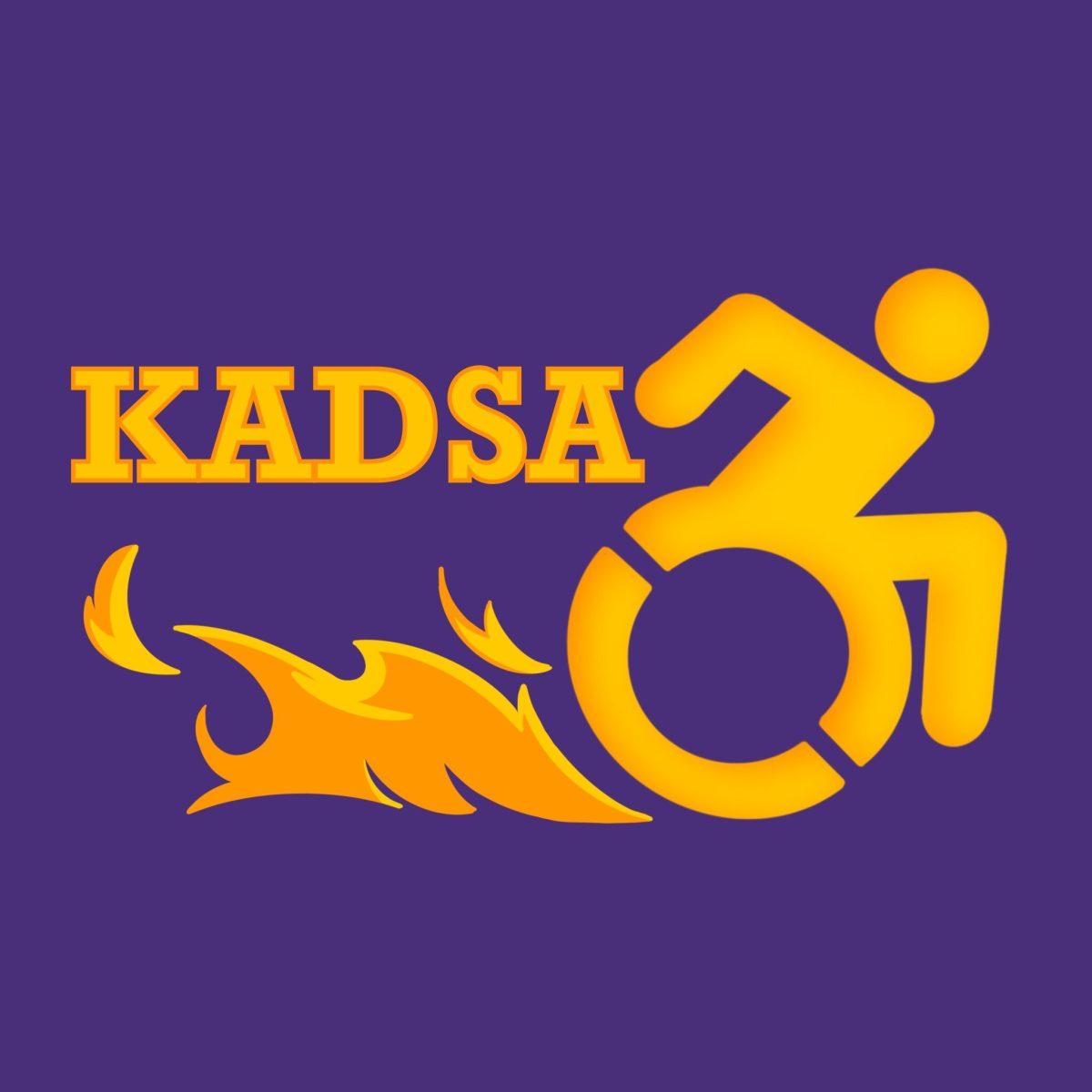

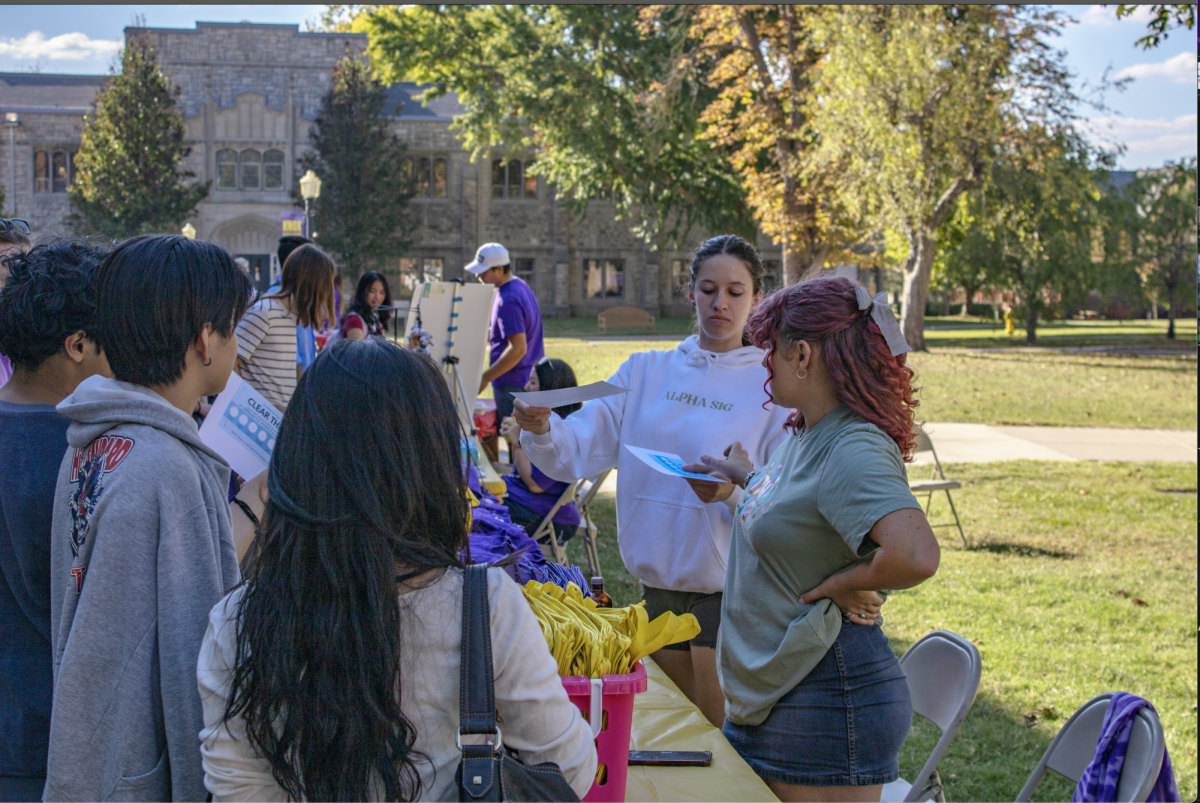

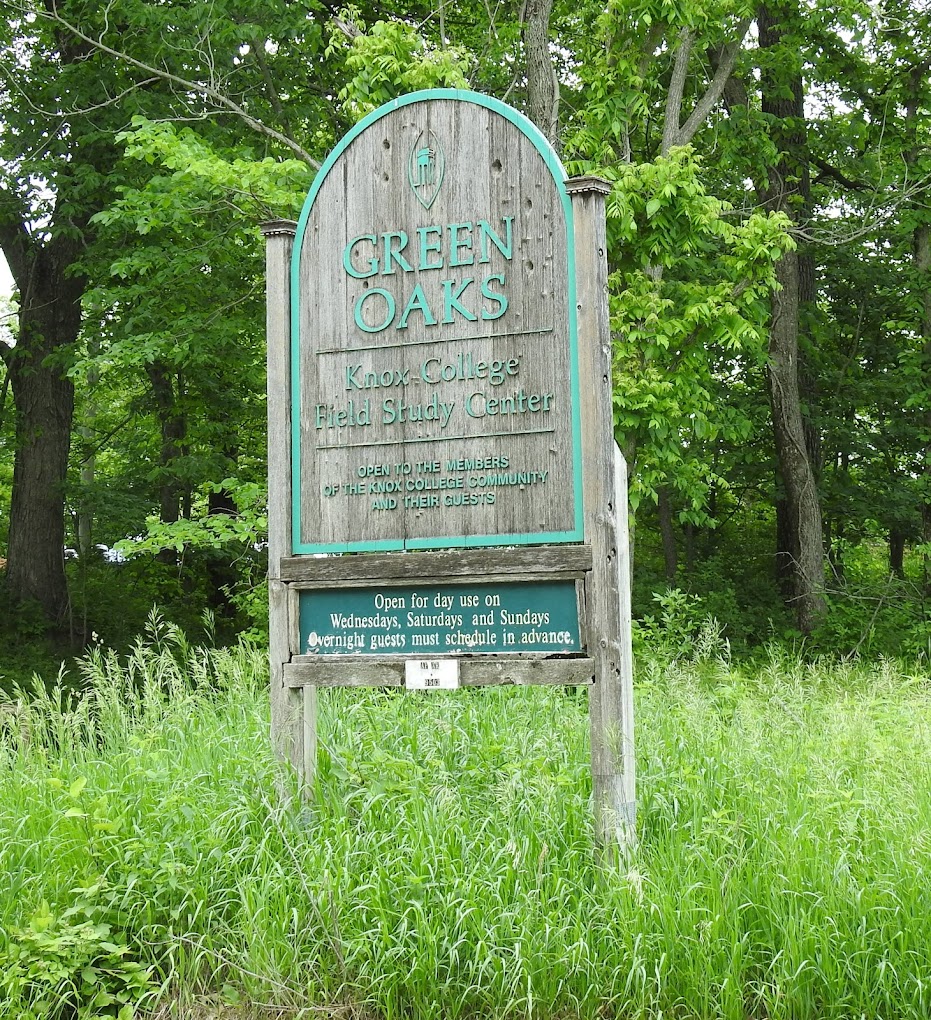
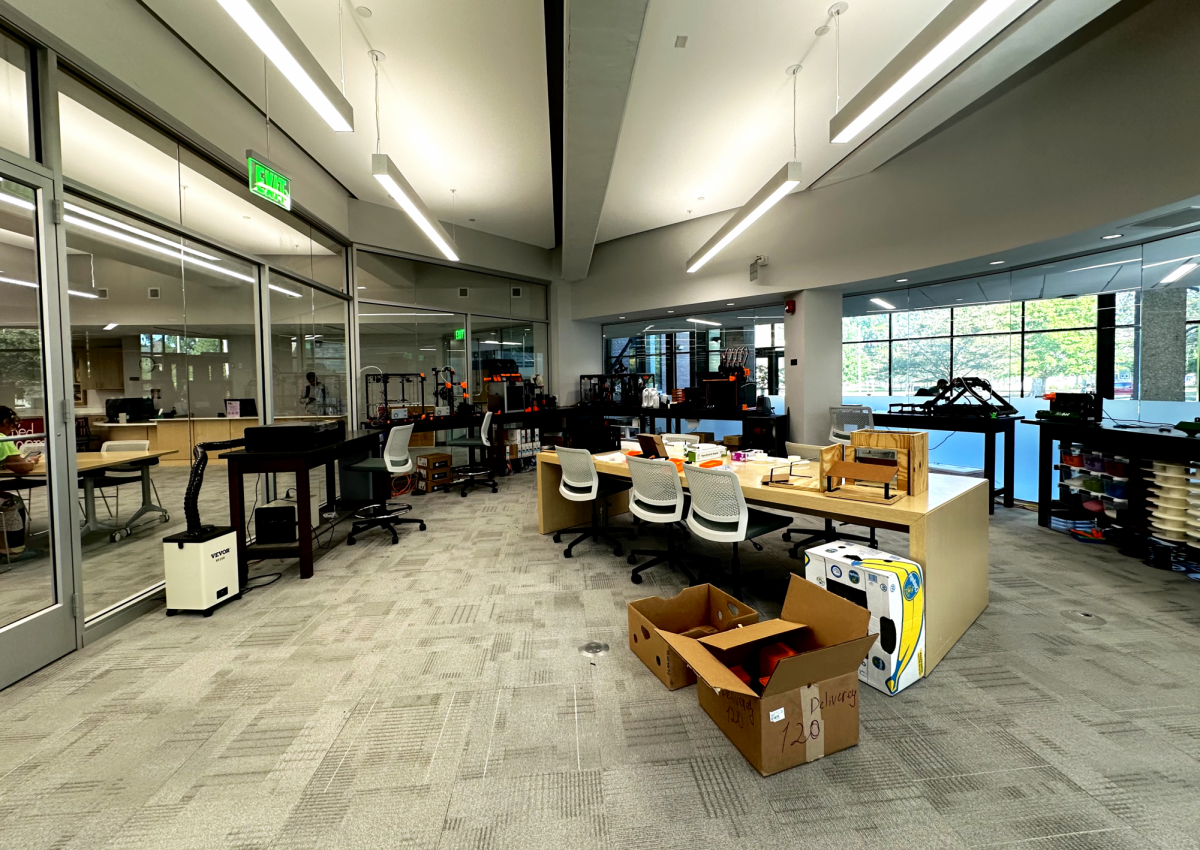
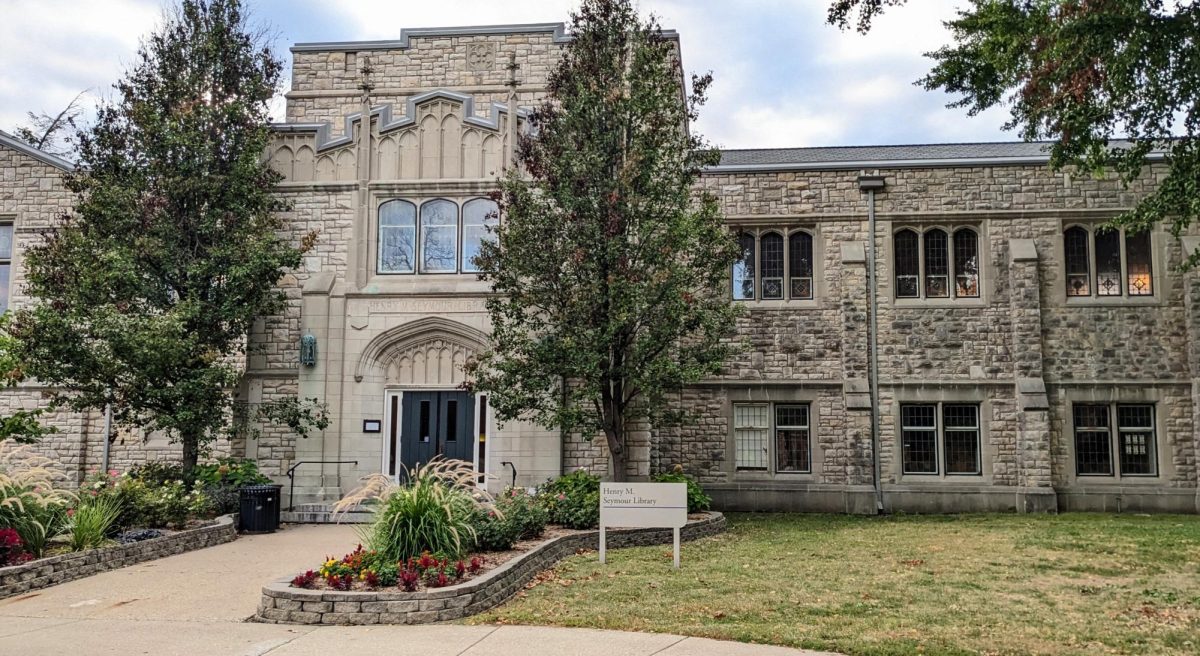
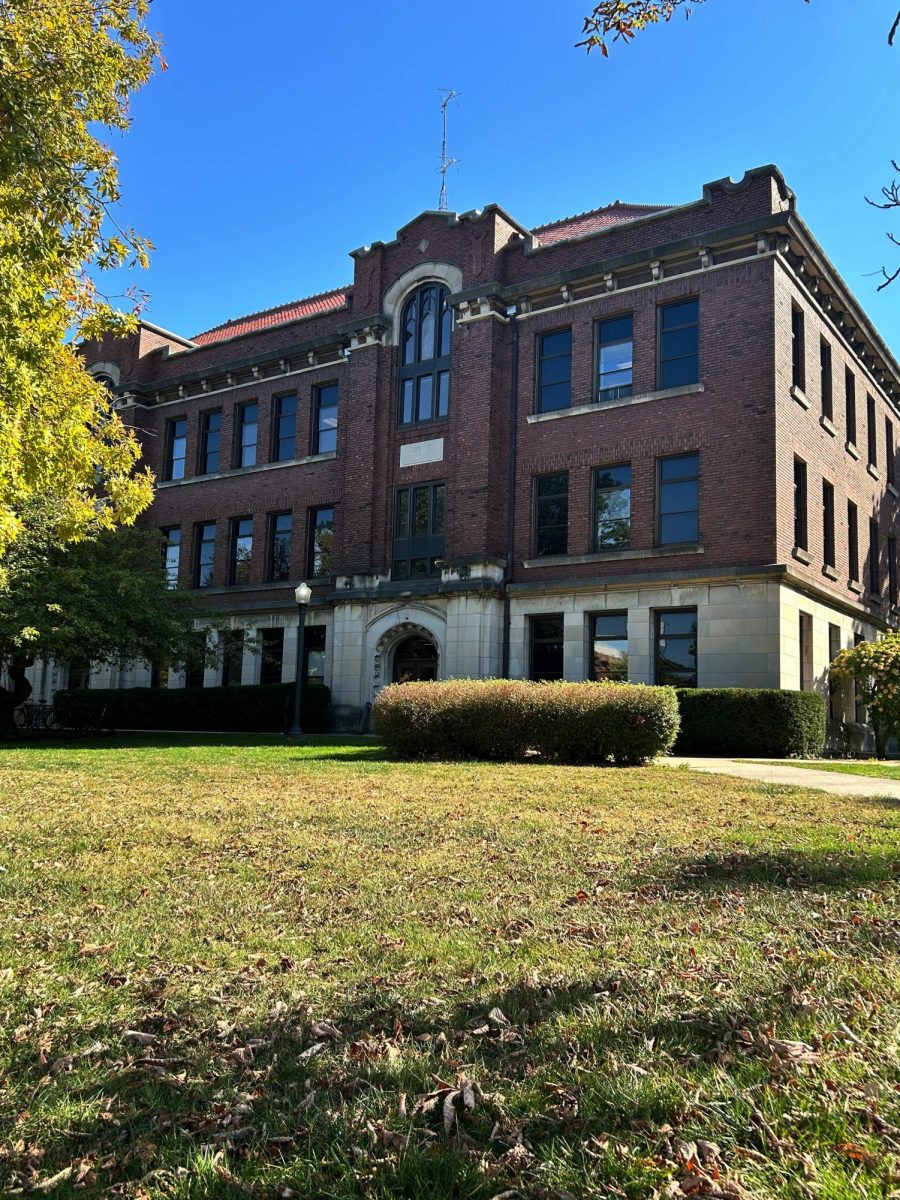
Sophia Elswick • Jan 29, 2021 at 7:25 pm
Thank you so much for the email! If anyone wants to ask me any questions or get involved, feel free to email me at [email protected] 🙂
Sophia Elswick • Jan 29, 2021 at 7:26 pm
**article omg sorry for the typo